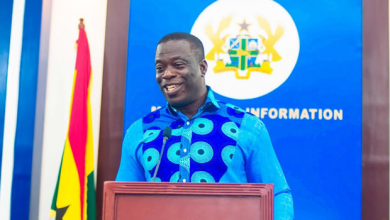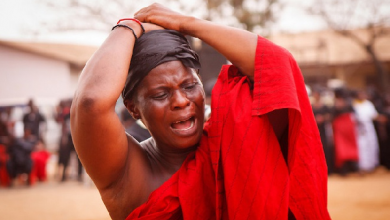Stakeholder Forum on Cape Three Point Forest Reserve Held in Takoradi, Ghana
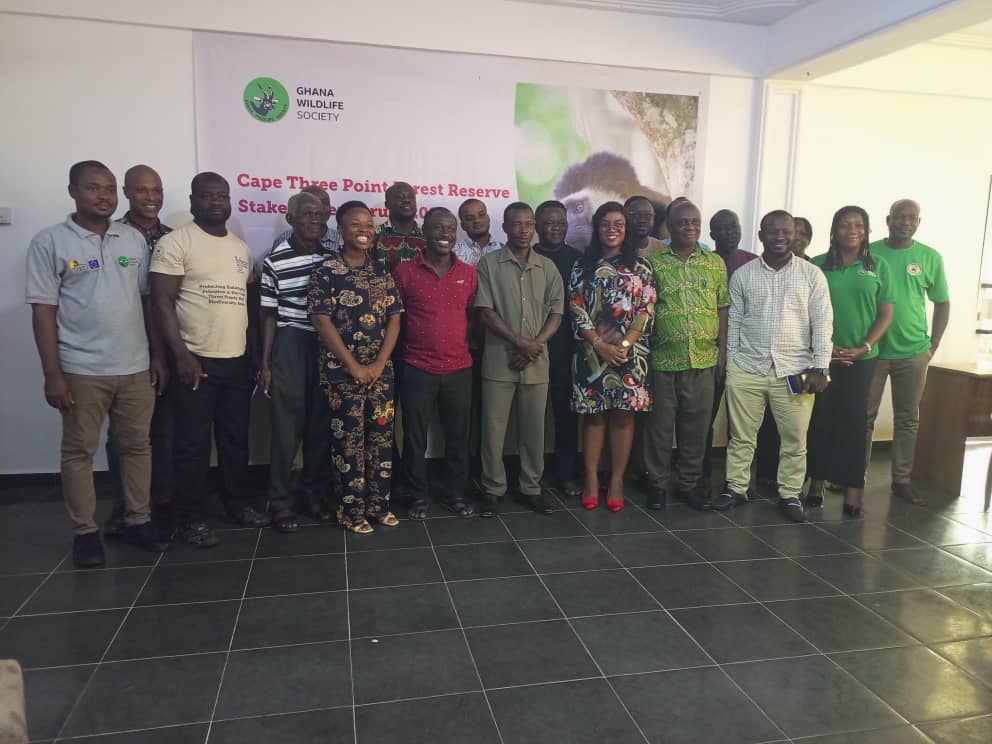
The Ghana Wildlife Society (GWS) organized a stakeholder forum titled “Cape Three Points Forest Reserve Stakeholders Forum, 2025” to engage participants in discussions on the strengths, weaknesses, threats, and opportunities related to the sustainable management of the Cape Three Points Forest Reserve and its surrounding landscapes.
The forum formed part of a broader initiative, funded by the Critical Ecosystem Partnership Fund (CEPF) through BirdLife International, aimed at empowering civil society organizations (CSOs) to take an active role in the sustainable management of the reserve. The event brought together key NGOs and institutions, including the Ghana Wildlife Society, Hen Mpoano, the Environmental Protection Agency, the Forestry Commission, and others.
In his opening remarks, Mr. Richard Appoh, Director of Conservation and Research at the Ghana Wildlife Society, explained that the capacity-building intervention was initiated with the understanding that effective forest protection depends on individuals equipped with the right knowledge and skills.
He expressed hope that the project would strengthen the capacity of CSOs working within the Cape Three Points landscape to implement their conservation initiatives more effectively. Mr. Appoh also took the opportunity to thank the CEPF for its continued support in protecting the Cape Three Points area.
Additionally, he acknowledged the valuable contributions of Hen Mpoano and the West African Primate Conservation Action (WAPCA) since the beginning of the project’s implementation.
Project coordinators from the implementing CSOs delivered presentations on initiatives supported under Phase II of the CEPF–BirdLife International program. Additionally, presentations and discussions highlighted the strengths, weaknesses, threats, and opportunities for improving stakeholder collaboration to ensure effective conservation of the Cape Three Points Forest Reserve.
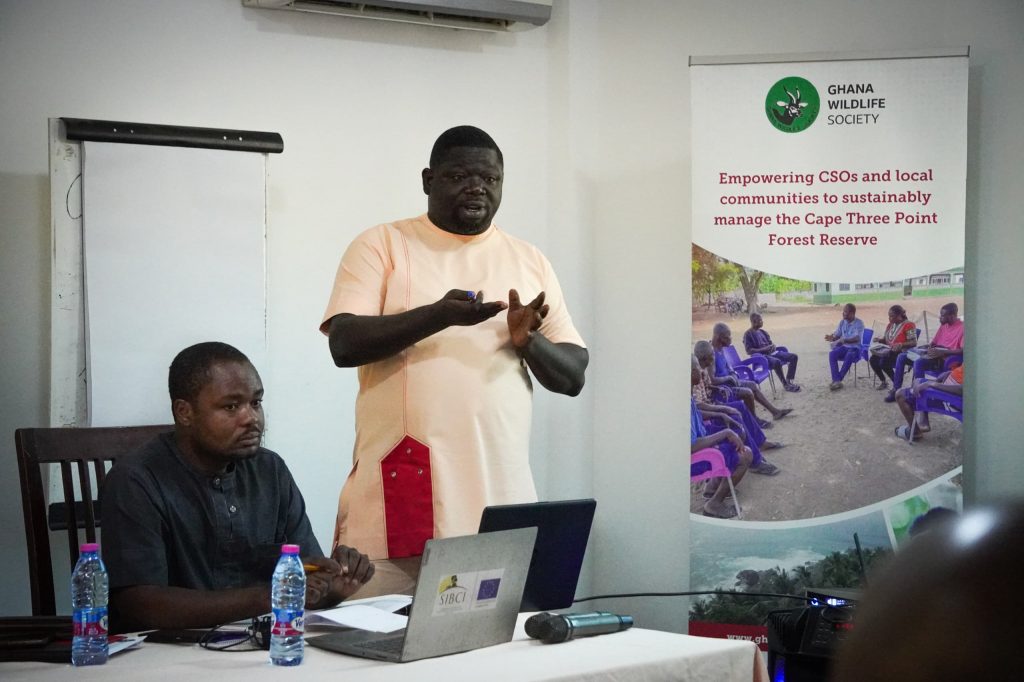
A capacity needs assessment was also conducted, providing valuable insights to guide the design and delivery of future training programs for CSOs.
In an interview, the project coordinator, Mr. Solomon Kenyenso, stated that the overarching goal of the project is to empower CSOs to sustainably manage the Cape Three Points Forest Reserve. He took the opportunity to encourage CSOs to actively participate in the various training activities offered and emphasized their crucial role as key stakeholders in the protection of the reserve.
Mr. David Osei, a representative of Hen Mpoano, also expressed gratitude to the CEPF for their continued support. He urged CSOs operating within the area to take full advantage of the capacity-building trainings and highlighted the importance of fostering strong collaboration among stakeholders, especially at this critical time for the conservation of Cape Three Points.
He noted that efforts have consistently been made to strengthen this collaboration and acknowledged that the involvement of the Ghana Wildlife Society in the Cape Three Points landscape has further deepened these ties to the benefit of the forest reserve.
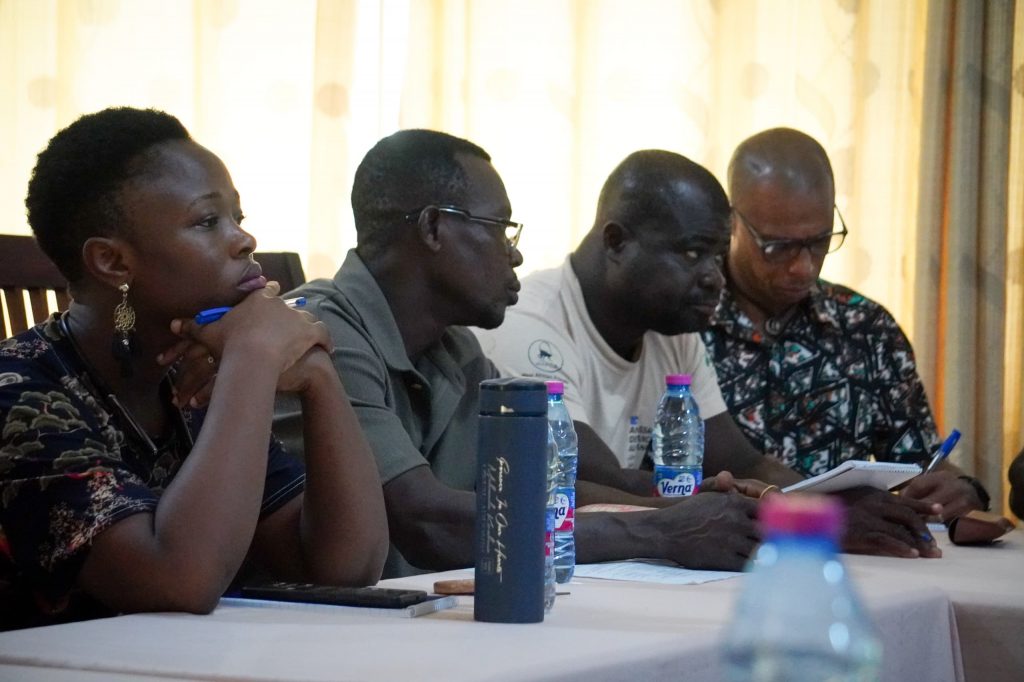
On behalf of the Chief Executive of the Forestry Commission, he expressed appreciation to the Executive Director of the Ghana Wildlife Society and his team for their continued support. He also encouraged CSOs to actively engage in the project and make full use of the capacity-building opportunities available.
Speaking on behalf of the Forestry Commission, Mr. Richard Ofori-Amanfo, Regional Manager of the Wildlife Division, highlighted the long-standing relationship between the Commission and CSOs operating around the forest reserves.
– Wildlife Society Ghana


